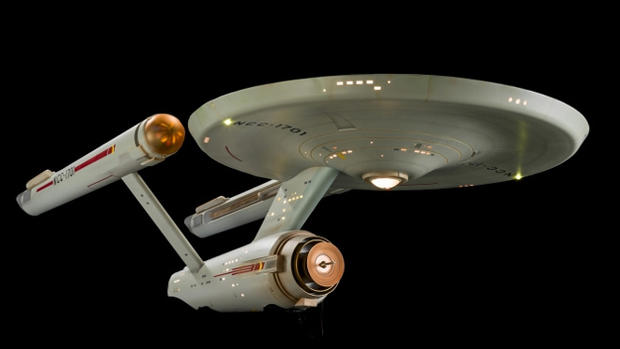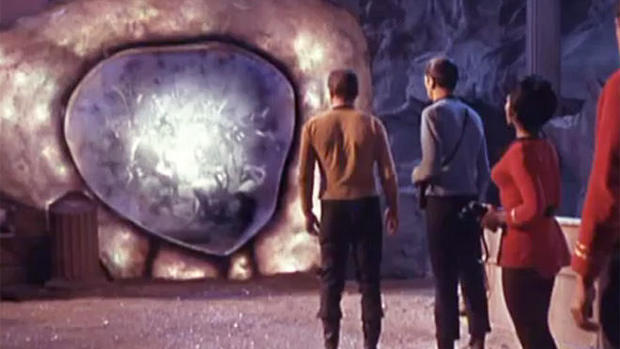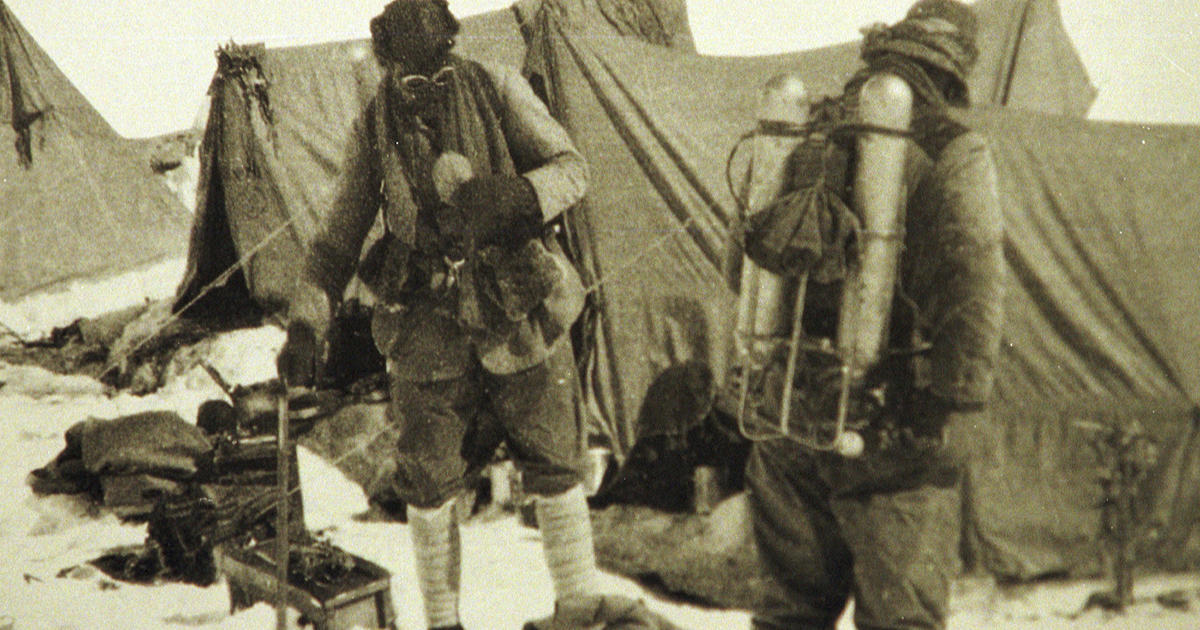Fifty years later, "Star Trek" legacy still strong
1966 was a year of upheaval and change. Race riots marred American cities like Los Angeles and Cleveland, the U.S. started its bombing campaign of North Vietnam and The Beatles performed their final public concerts. The term "Super Bowl" hadn't yet been coined. But it was also the a year a group of little-known actors embarked on a project that would change their lives and American culture, reports "CBS This Morning: Saturday" co-host Vinita Nair.
Fifty years ago this week, the Starship Enterprise flew into our living rooms for the first time. The original "Star Trek" television series ran for three years and was canceled after just 79 episodes.
But the science drama slowly built a cult following on syndicated television and by the end of the 1970s became a full-fledged cultural phenomenon.
- WATCH: Original "Star Trek" episodes on CBS All Access
- New "Star Trek: Discovery" series debuting on CBS All Access in January
That was in large part because of its willingness to tackle the moral and social issues confronting the United States at the time. The show's original cast -- including William Shatner, Leonard Nimoy and George Takei -- stayed intact as "Star Trek" crossed a new frontier onto the silver screen.
Six movies featuring Kirk, Spock and Scotty followed, as did a number of television spin-offs and a 21st-century Hollywood reboot with a cast not even born when that first episode aired in 1966.
The franchise has generated untold billions of dollars in ticket sales, merchandise and memorabilia -- much of it spent by "Star Trek"'s loyal fan base, the most ardent of whom became known as "Trekkies."
But while Trekkies have sometimes been derided, they have been the ones to bring the vision of "Star Trek" into the realm of reality.
Trekkies launched a successful write-in campaign to name NASA's first space shuttle after the first Starship Enterprise. And many real-life space travelers credit the show for inspiring them to chart their own course to the stars, including Mae Jemison, who became the first black woman in space.
"I thought the show was very wonderful because it was one of the first programs that had everybody, all kinds of ethnic groups, together from the United States," Jemison said.
Years later, Jemison's story came full circle, when she became the first astronaut to appear in a "Star Trek" TV show.
- Netflix snags international rights to upcoming "Star Trek" series
- Producer Bryan Fuller gives details on CBS' "Star Trek" reboot
And now, "Star Trek" could be inspiring the next generation of innovators. A new series, "Star Trek: Discovery," debuts this January on CBS All Access.





